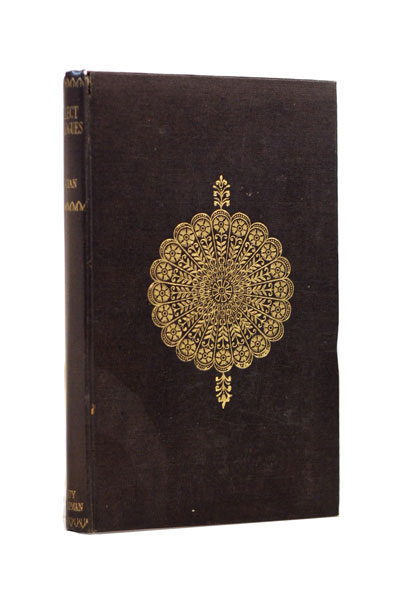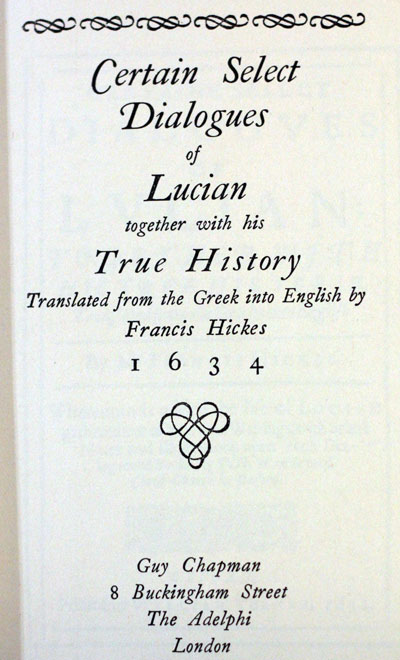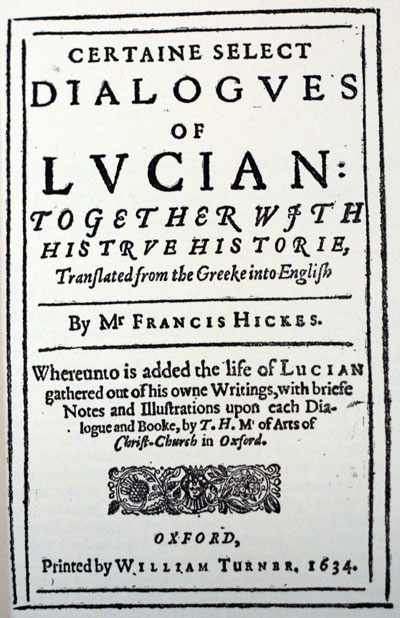Lucian of Samosata (125 CE – 180 CE) was a satirist and rhetorician who wrote in the Greek language during the Second Sophistic.
Although he claimed to be a native Assyrian, his actual nationality is hotly disputed; Lucian wrote exclusively in Ancient Greek. Most of his works are written in the Attic dialect, but On the Syrian Goddess, which is attributed to him, is written in a faux-Ionic dialect.
Noted for his witty and scoffing nature, Lucian frequently poked fun at superstition, religious practices, and belief in the paranormal. He admired the philosophers Democritus and Epicurus, both of whom advocated naturalistic worldviews. His works were wildly popular in antiquity and more than eighty works attributed to him have survived to the present day, a considerably higher quantity than for most other classical writers. His reception among modern scholars has been overwhelmingly positive.
His most famous work is A True Story, a tongue-in-cheek satire against authors who tell incredible tales, which is widely regarded as the earliest known work of science fiction. His framing story The Lover of Lies makes fun of people who believe in the supernatural and contains the oldest known version of the “The Sorcerer’s Apprentice”, while his letter The Passing of Peregrinus contains one of the earliest known references to Jesus Christ by a pagan author.
Lucian’s Dialogues of the Gods makes fun of ancient Greek religion and portrays the traditional Olympian deities as unworthy to be worshipped. His Dialogues of the Dead focusses on the Cynic philosophers Diogenes and Menippus. His story Timon the Misanthrope was the inspiration for William Shakespeare’s tragedy Timon of Athens.
– from wikipedia




